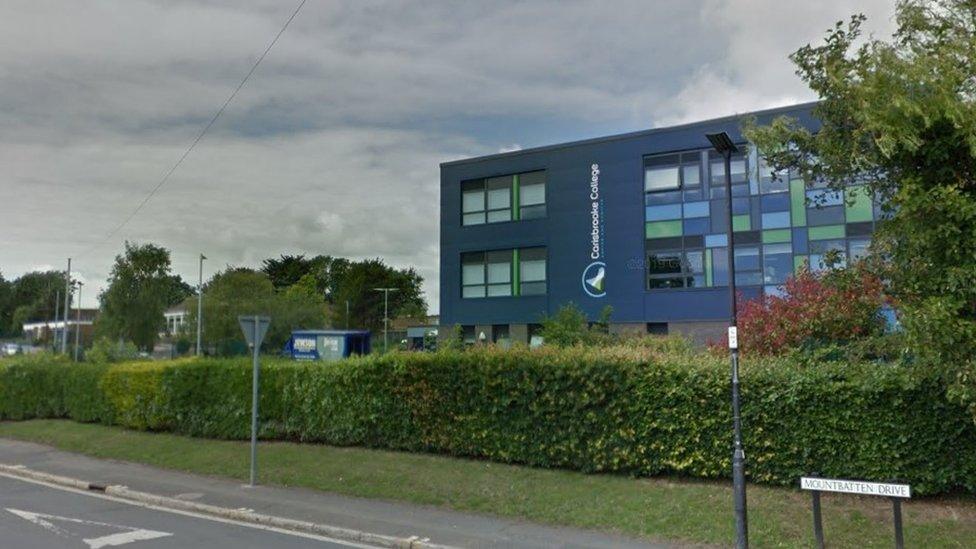Crime risk for Isle of Wight children with poor literacy, charity says
- Published
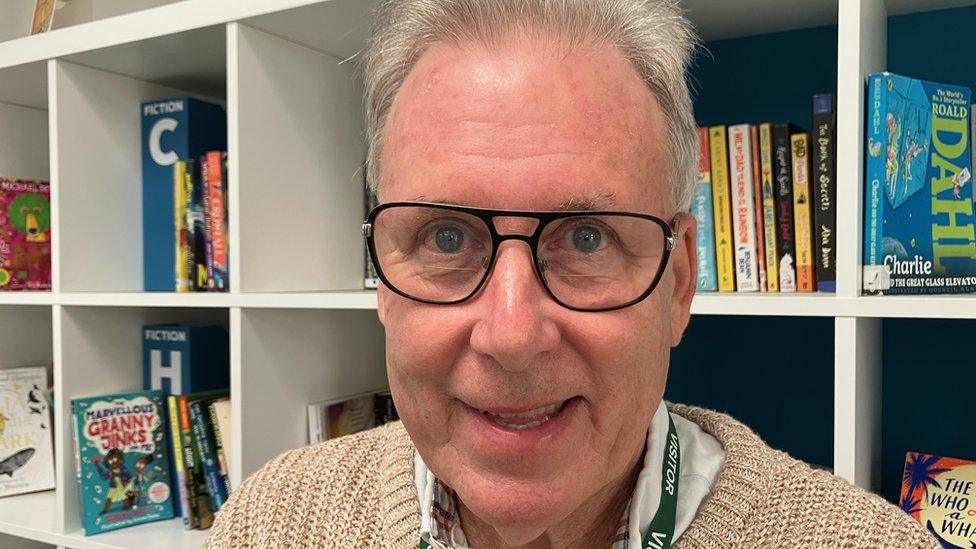
Author Pete Murray has been visiting schools on the island
Children on the Isle of Wight could be at greater risk of committing crimes because literacy levels there are so low, an education charity has warned.
Across the UK, one in four children are below their reading age when they reach secondary school. On the Isle of Wight, it is one in three.
The island has the worst Key Stage 2 results of any council in England, the National Literacy Trust said.
Members of the community are now going into schools and reading to children.
Author Pete Murray has been visiting schools on the island as part of a project to improve literacy.
He said: "I've been in 18 schools on the island this term and I've seen enthusiasm and a passion for reading from so many children.
"The schools are doing a great job but if we can just extend that passion a little bit more into the home, I think it would be even better and I can start to raise the literacy levels."
The National Literacy Trust has said: "We propose that low literacy holds a relationship with crime because it exacerbates risk factors associated with offending: negative experiences of education, exclusion and truancy, poor attainment and poor employment outcomes all hold a relationship with poor literacy skills."
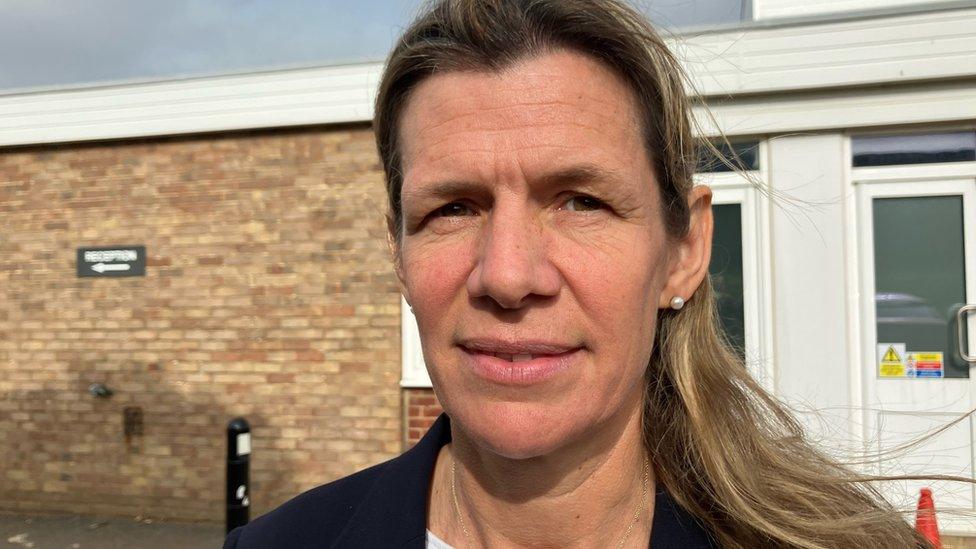
High Sheriff Dawn Haig-Thomas has been working on the literacy project
Mr Murray has been working with High Sheriff Dawn Haig-Thomas whose role involves supporting the judiciary, police and prisons as well as encouraging and supporting community groups.
She said: "There are so many elements of a child's future that are affected.
"Everything from your life expectancy to your job prospects, to your success in relationships... and I think it was the figure from the Ministry of Justice actually that really made me sit up - back in 2022 they did a report stating that 57% of prisoners have the reading age of an 11-year-old or under."
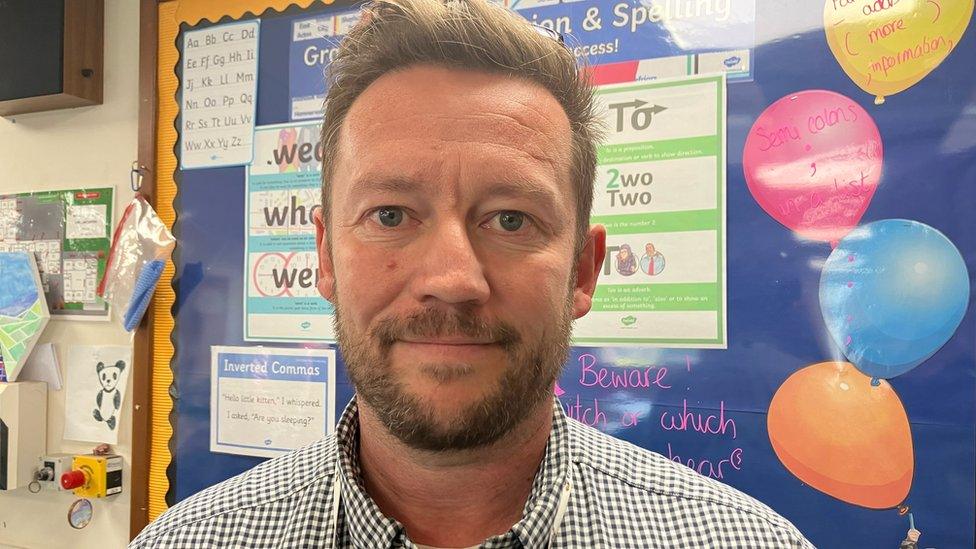
Richard Simpson of Broadlea Primary School said literacy was a priority
Of the island's 38 primary schools, 22 are already signed up to the scheme which involves 80 readers who go into the schools.
Richard Simpson, acting headteacher of Broadlea Primary School in Sandown, said: "We've got some prisons on the island, so we're very aware of that being one of the impacts of literacy being a problem.
"It's obviously very worrying to think that we leave those children leaving here without those skills, that's where some of them could potentially end up, so it's something we really need to work on, so that that's not an avenue that they end up going down because nobody wants that."

Follow BBC South on Facebook, external, X, external, or Instagram, external. Send your story ideas to south.newsonline@bbc.co.uk.
- Published20 September 2023
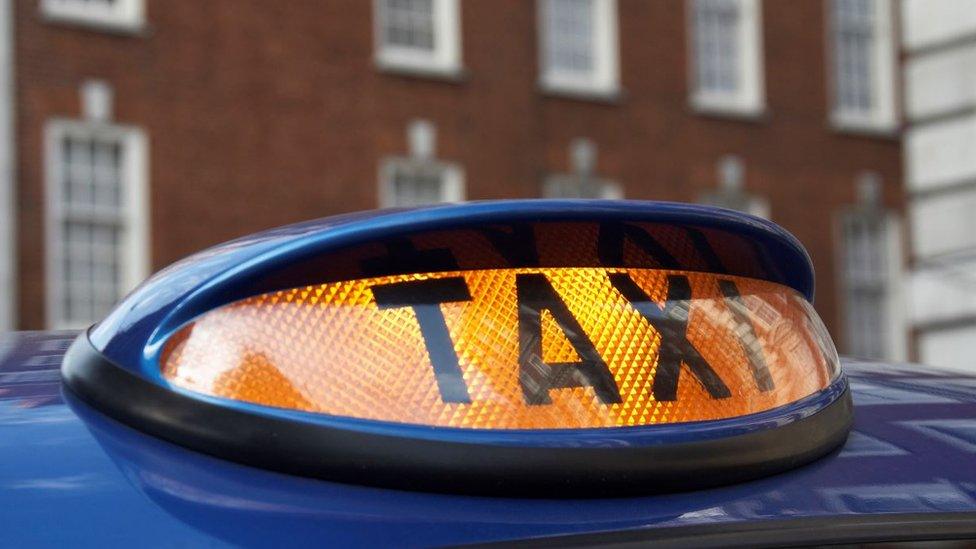
- Published16 May 2023
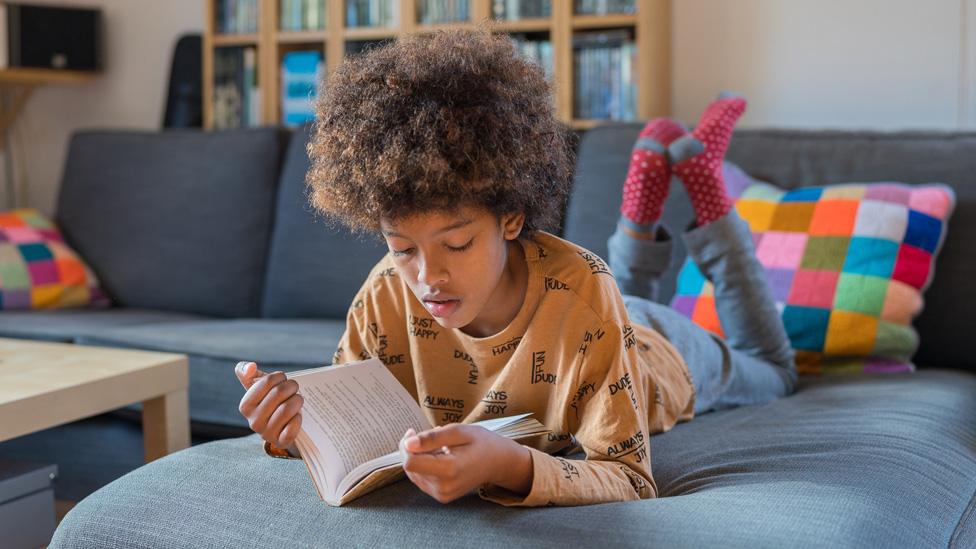
- Published21 October 2022
